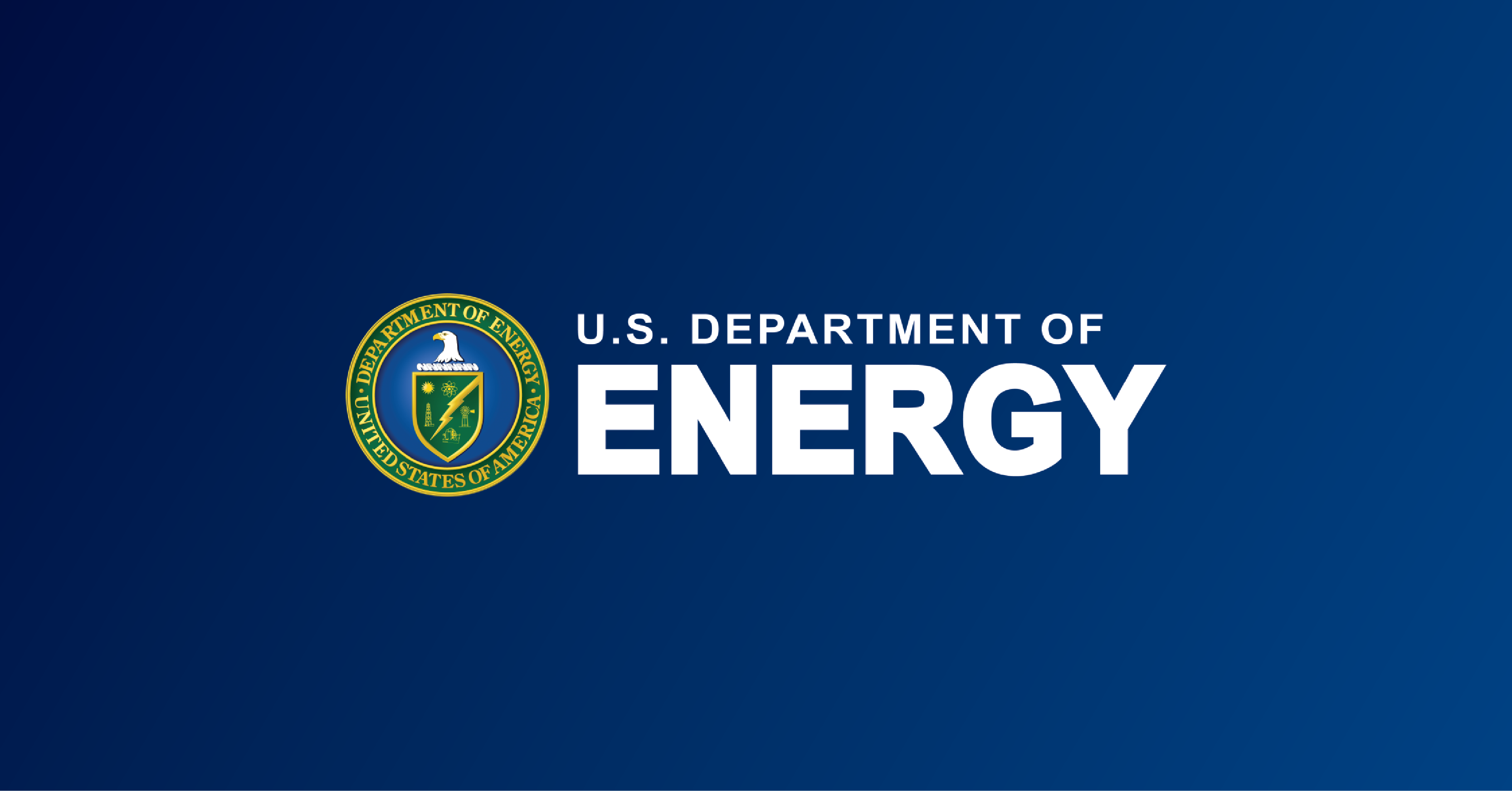The U.S. Department of Energy (DOE) has announced $135 million in funding for 40 projects aimed at reducing carbon pollution from the industrial sector and advancing innovative technologies to achieve a net-zero emissions economy by 2050. The decarbonization of the industrial sector is a crucial component of President Biden’s clean energy goals and is seen as essential for a sustainable energy future in the United States.
The industrial sector in the U.S. is responsible for one-third of the country’s energy-related greenhouse gas emissions, making it a significant contributor to carbon pollution. The sector is also considered one of the most challenging to decarbonize. To address this, the DOE released the Industrial Decarbonization Roadmap in 2022, which outlines key pathways to reducing industrial emissions. The roadmap focuses on five energy-intensive subsectors: cement and concrete, chemicals, food and beverage, iron and steel, and petroleum refining.
The $135 million funding will support research, development, and pilot-scale demonstrations led by universities, national laboratories, and companies across 21 states. The selected projects will target specific subsectors and aim to reduce energy usage and emissions. The projects include efforts to decarbonize chemicals, iron and steel, food and beverage products, cement and concrete, and paper and forest products. Additionally, there are cross-sector projects focusing on technologies applicable to multiple industrial sectors, such as industrial heat pump technologies and power generation from low-temperature waste heat.
The projects will address various aspects of decarbonization, including energy efficiency, alternative production processes, advanced reactors, carbon capture and utilization, and the use of clean fuels and electricity. By investing in these projects, the DOE aims to create good-paying jobs, strengthen the industrial sector, and achieve significant emissions reductions.
The funding for these projects comes primarily from the DOE’s Industrial Efficiency and Decarbonization Office. It is part of the larger effort to invest in industrial decarbonization technologies and aligns with the goals of the Industrial Heat Shot™ and Clean Fuels & Products Shot™ initiatives. The DOE is committed to supporting industrial decarbonization at different stages of the innovation pipeline, including fundamental science, research, development, pilot-scale demonstrations, technical assistance, and workforce development.
Moreover, in addition to the funding announced for the Technologies for Industrial Emissions Reduction Development Program (TIEReD), the DOE’s Office of Clean Energy Demonstrations Industrial Demonstrations Program has recently announced $6 billion to support the demonstration and deployment of transformative technologies necessary for industrial sector decarbonization. This demonstrates the DOE’s commitment to advancing clean energy technologies and achieving a sustainable and low-carbon industrial sector.

